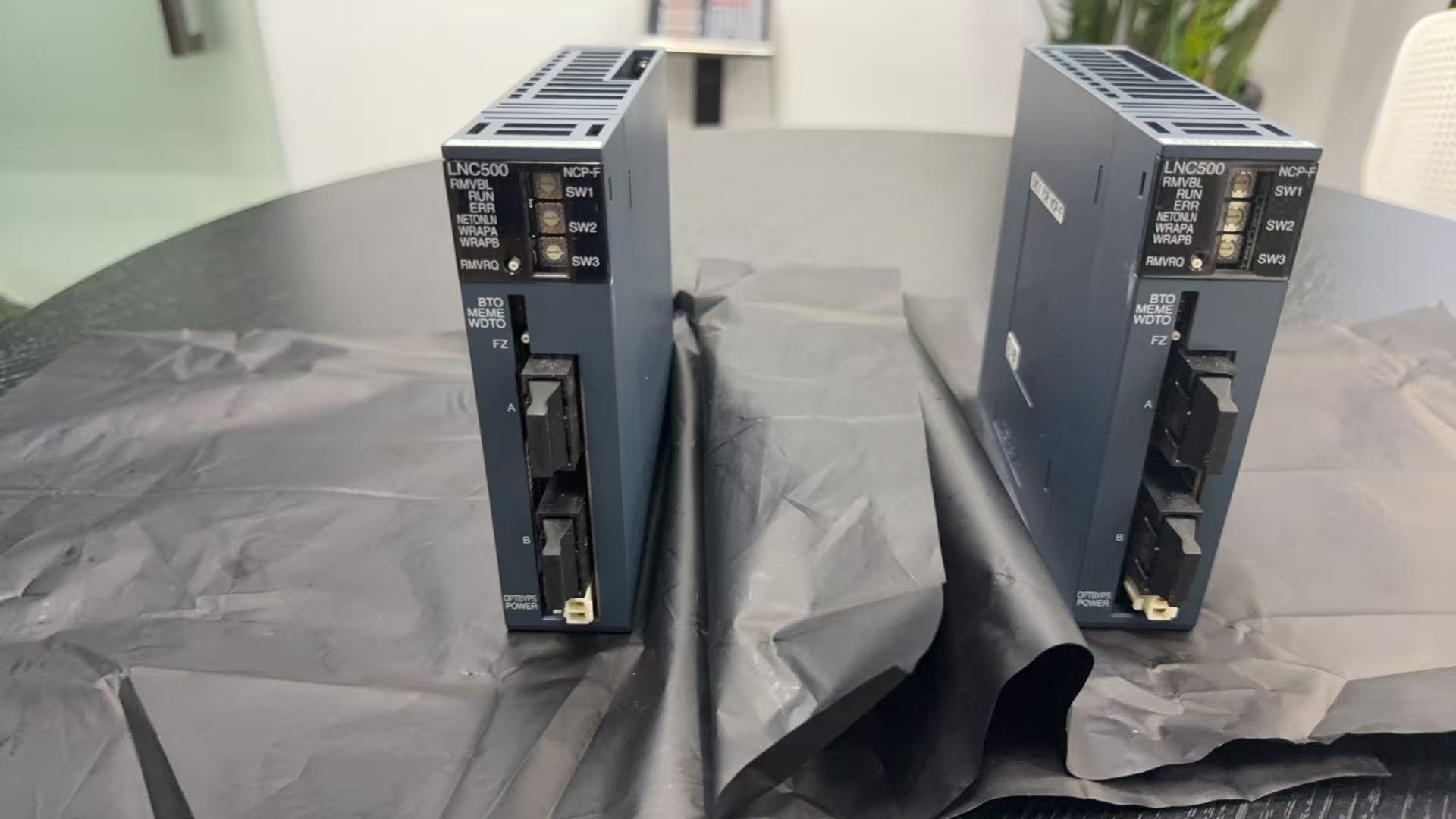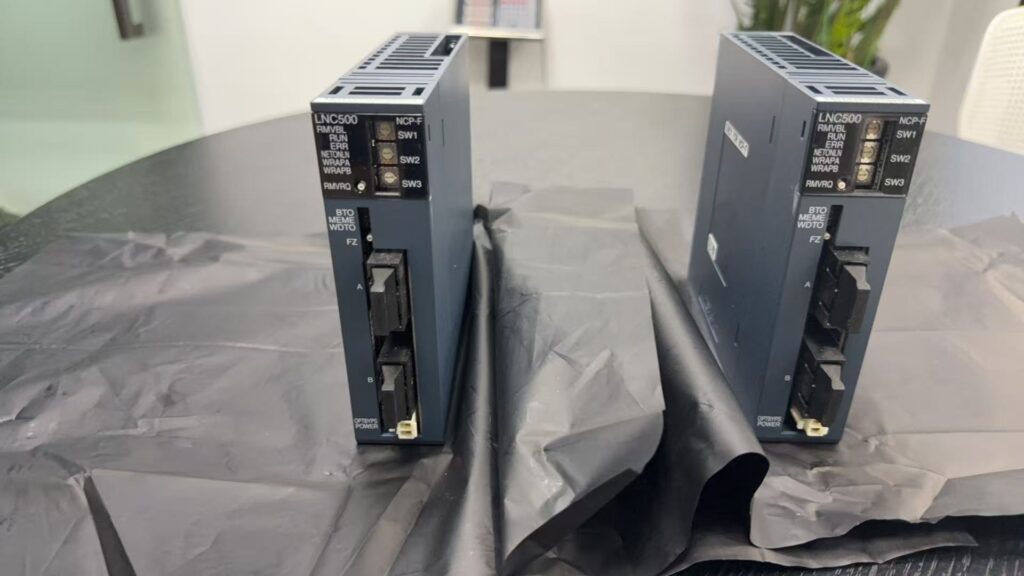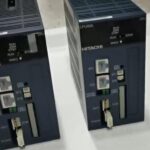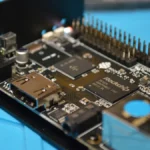
The LNC 500 IoT gateway plays a crucial role in enhancing the functionality of smart city edge nodes. This device facilitates seamless communication and efficient data processing within urban environments. As cities increasingly adopt smart technologies, the demand for reliable edge solutions grows. Recent statistics show that 38% of smart city projects leverage edge technologies, while 54% of telecom operators invest in edge solutions. The LNC 500 edge gateway CE certified for EU ensures that cities can manage vast amounts of data effectively. Studies indicate that IoT gateways significantly improve urban data processing efficiency, making them essential for modern urban management.
Key Takeaways
-
The LNC 500 IoT gateway enhances smart city operations by enabling real-time data processing and communication between devices.
-
This gateway supports various connectivity options, making it easy to integrate with existing smart city systems and devices.
-
Advanced security features protect against common threats, ensuring safe data transmission and privacy for urban residents.
-
The LNC 500 is energy-efficient, helping cities reduce operational costs while supporting sustainability goals.
-
By using the LNC 500, cities can improve services like traffic management and waste collection, leading to better urban living conditions.
LNC 500 Features
Specifications and Capabilities
The LNC 500 IoT gateway boasts impressive specifications that make it a powerful tool for smart city applications. Below is a summary of its key features:
|
Feature |
Specification |
|---|---|
|
Max Data Rate |
150 Mbps |
|
Wireless Standard |
IEEE802.11b/g/n |
|
Processor |
64-bit RISC-V |
These specifications enable the LNC 500 to handle substantial data throughput, making it suitable for various urban applications. Its robust processing capability allows for efficient data handling, which is essential in environments where real-time information is critical.
Connectivity and Security
Connectivity is a cornerstone of the LNC 500 IoT gateway. It supports multiple communication protocols, ensuring compatibility with a wide range of devices. This flexibility allows cities to integrate various systems seamlessly. The LNC 500 also prioritizes security, addressing common threats faced by IoT gateways in smart cities.
The following table outlines some of the most prevalent security threats and how the LNC 500 mitigates them:
|
Security Threat |
Description |
|---|---|
|
Data breaches |
Unauthorized access to sensitive information, leading to privacy issues and identity theft. |
|
Man-in-the-Middle attacks |
Interception and manipulation of communication between IoT devices, compromising data integrity. |
|
Denial-of-Service attacks |
Disruption of normal functioning by overloading networks or devices, causing service interruptions. |
|
Ransomware |
Malicious software encrypting data, demanding ransom, disrupting services. |
|
Device spoofing |
Impersonation of legitimate devices, gaining unauthorized access and disrupting operations. |
|
Distributed Denial-of-Service |
Overwhelming systems with traffic from multiple sources, leading to service outages and chaos. |
To enhance security, the LNC 500 employs advanced measures. It utilizes a deep maxout network with walrus optimization to improve detection accuracy. This design operates efficiently on resource-constrained devices, addressing the limitations of traditional intrusion detection systems. The system aims to minimize false positives while ensuring real-time attack detection.
In addition to its security features, the LNC 500 is designed for scalability. It supports large-scale smart city deployments through the Living Lab Gateway (LLG), which is extensible and scalable. The use of the WoT standard allows for the integration of various devices and services without complexity limitations. Deployment through Kubernetes enhances scalability and traffic management, making it ideal for high-performance applications like smart buildings or campuses.
The LNC 500 IoT gateway stands out as a reliable edge device in Estonia, providing essential connectivity and security for smart city initiatives.
LNC 500 in Smart Cities

Integration with Edge Nodes
The integration of the LNC 500 IoT gateway with edge nodes is vital for effective urban management. This gateway acts as a bridge between various smart devices and centralized systems. By connecting edge nodes, the LNC 500 enables real-time data processing and decision-making. Cities can deploy the LNC 500 in various applications, such as traffic management, environmental monitoring, and public safety.
The following best practices enhance the integration of the LNC 500 IoT gateway with existing smart city edge nodes:
|
Best Practice |
Description |
|---|---|
|
Define Use Cases |
Identify key smart city applications (e.g., traffic management, smart meters, environmental monitoring) to target. |
|
Select the Right Connectivity |
Choose the appropriate IoT connectivity technologies (LoRaWAN, NB-IoT, 5G, etc.) based on range, power needs, and data transmission requirements. |
|
Ensure Scalability |
Design IoT networks that can easily scale as the city grows. This requires robust network infrastructure and flexible IoT protocols. |
|
Focus on Security |
Prioritize cybersecurity measures such as encryption, authentication, and secure data transmission protocols to safeguard against IoT vulnerabilities. |
|
Collaborate with Stakeholders |
Engage local government bodies, private sector partners, and community stakeholders to ensure successful project implementation. |
|
Deploy Smart Infrastructure |
Install and configure IoT devices, sensors, and communication networks across various city sectors (e.g., transportation, energy, healthcare). |
|
Monitor and Optimize |
Implement real-time monitoring systems to track performance, energy consumption, and operational efficiency, with a focus on continuous optimization. |
|
Test and Integrate |
Conduct thorough testing of the IoT systems to ensure all components work together seamlessly before full deployment. |
Role of Edge Computing
Edge computing plays a crucial role in enhancing the performance of the LNC 500 IoT gateway in smart cities. By processing data closer to the source, edge computing reduces latency and improves response times. This capability is essential for applications that require immediate action, such as traffic management and public safety.
For instance, edge devices at intersections analyze traffic data locally. They optimize traffic light timings and reduce congestion in real time. Similarly, smart surveillance cameras equipped with edge computing can identify security threats, such as suspicious packages or unauthorized activities, and alert authorities immediately.
The integration of 5G technology further amplifies the benefits of edge computing. It enables real-time data processing, which is crucial for the performance of LNC 500 IoT gateways in urban settings. The advantages of 5G include:
-
Improved IoT integration, allowing for better connectivity and communication between devices.
-
Support for bandwidth-intensive applications, essential for managing the increased traffic from numerous connected devices in urban environments.
As cities continue to evolve, the combination of the LNC 500 IoT gateway, edge computing, and 5G technology will drive innovation and efficiency in urban management.
Benefits of LNC 500 IoT Gateway
Efficiency and Reliability
The LNC 500 IoT gateway significantly enhances the efficiency and reliability of smart city infrastructure. Its robust design ensures that it can handle large volumes of data without compromising performance. This capability is crucial for applications such as traffic management and environmental monitoring, where timely data processing is essential.
Key advantages include:
-
High Data Throughput: The LNC 500 supports a maximum data rate of 150 Mbps, allowing for rapid data transmission.
-
Real-Time Processing: Local data processing reduces latency, enabling immediate responses to changing conditions.
-
Durability: Designed for long-term use, the LNC 500 offers high reliability and a long lifecycle, making it a cost-effective solution for municipalities.
Compliance and Energy Use
The LNC 500 IoT gateway meets various EU compliance standards, ensuring it operates safely and effectively within European markets. Below is a summary of its certifications:
|
Certification Type |
Description |
|---|---|
|
CE Mark |
EU compliance certification |
|
GCF certification |
Network certification for Europe and UK carriers |
|
R&TTE |
Regulatory compliance certification |
|
IEC60950-1 |
Safety certification |
|
UKCA |
UK compliance certification |
These certifications demonstrate the LNC 500’s commitment to safety and regulatory standards. Additionally, the gateway is designed with energy efficiency in mind. Its low energy consumption aligns with the EU’s sustainability goals, making it an ideal choice for smart city projects focused on reducing carbon footprints.
By integrating the LNC 500 IoT gateway into urban infrastructure, cities can enhance their operational efficiency while adhering to strict compliance standards. This combination of reliability and energy efficiency positions the LNC 500 as a vital component in the development of smart cities.
Use Cases of LNC 500 in Estonia
Smart City Applications
In Estonia, the LNC 500 IoT gateway plays a pivotal role in various smart city applications. Municipalities utilize this gateway for projects such as streetlight management, traffic control, and environmental monitoring. For instance, the LNC 500 enables real-time data collection from sensors placed throughout the city. This data helps optimize energy consumption in streetlights, reducing costs and enhancing sustainability.
Cities also deploy the LNC 500 for waste management systems. Smart bins equipped with sensors notify waste collection services when they are full. This approach minimizes unnecessary pickups, saving time and resources. The integration of the LNC 500 in these applications demonstrates its effectiveness in improving urban efficiency.
Industrial and Renewable Energy Uses
The LNC 500 IoT gateway extends its capabilities beyond smart city applications into industrial and renewable energy sectors. In Estonia, factories leverage the LNC 500 for industrial automation. It facilitates machine control, data collection, and process monitoring. This technology allows manufacturers to implement predictive maintenance strategies, reducing downtime and optimizing production processes.
In the renewable energy sector, the LNC 500 supports solar and wind installations. It enables real-time monitoring of energy production and consumption. This capability is crucial for optimizing power usage and ensuring efficient energy distribution. As Estonia focuses on green energy initiatives, the LNC 500 plays a vital role in supporting these efforts.
The cost implications of deploying the LNC 500 IoT gateway in smart city projects are significant. The following table outlines key cost factors:
|
Cost Factor |
Description |
|---|---|
|
Lifecycle Expenses |
Includes ongoing costs for maintenance and upgrades over time. |
|
Scalability |
Modular systems can reduce future retrofitting costs, making them more adaptable to changes. |
|
Procurement Strategies |
MOQ flexibility and tiered pricing can significantly impact overall project costs. |
|
Quality Assurance |
Importance of third-party testing and ISO 9001 certification for suppliers. |
|
Integration Capabilities |
Need for API support for existing systems like BMS or traffic control platforms. |
|
After-Sales Support |
Service-level agreements (SLAs) covering remote troubleshooting and response times. |
The LNC 500 IoT gateway’s applications in Estonia highlight its versatility and impact across various sectors. Its integration into smart city projects and industrial automation showcases its importance in driving efficiency and sustainability.
The LNC 500 IoT gateway significantly enhances smart city infrastructure. It improves urban connectivity by integrating into various initiatives, which leads to better services and resource management. This gateway facilitates real-time data communication, essential for efficient urban operations. As cities deploy more sensors for monitoring traffic and environmental conditions, the demand for IoT gateway technology will grow. This growth will ultimately improve living standards through enhanced healthcare services and smarter urban management.
What is the LNC 500 IoT gateway?
The LNC 500 IoT gateway serves as a communication hub for smart city applications. It connects various devices, enabling real-time data processing and efficient urban management.
How does the LNC 500 enhance smart city infrastructure?
The LNC 500 improves smart city infrastructure by facilitating seamless communication between devices. It supports edge computing, allowing for quick data analysis and decision-making.
What security features does the LNC 500 offer?
The LNC 500 includes advanced security measures such as encryption and intrusion detection. These features protect against data breaches and ensure secure communication between devices.
Can the LNC 500 be integrated with existing systems?
Yes, the LNC 500 is designed for easy integration with existing systems. It supports various communication protocols, making it compatible with a wide range of devices and applications.
What are the energy efficiency benefits of the LNC 500?
The LNC 500 is energy-efficient, aligning with EU sustainability goals. Its low energy consumption helps reduce operational costs while supporting eco-friendly smart city initiatives.
See Also
Simplified Networking Techniques For XILINX XC7K325T-2FFG676C
Enhancing Robotics With RV1126 For AI Edge Computing
Industrial Automation Solutions Powered By ARTESYN NPT42-M
Key Automotive Features Of FREESCALE MCF5251CVM140 Explored
Three Innovative Approaches Of ATIC83E2 In Automation


